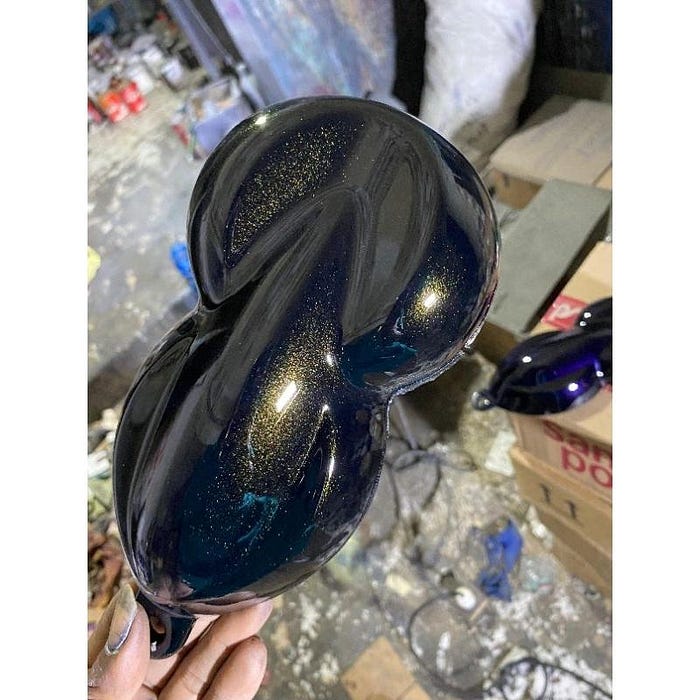In painting, a capriccio is a work where part or all of the subject matter is invented and typically focuses on architecture. The word itself is derived from the Italian term used for the impulsive jumping of a baby goat. The capriccio style was developed as an art form in early eighteenth century Venice, influenced by Italian theater. The genre grew in Italy throughout the eighteenth century, especially in Venice and Rome as a result of the Grand Tour when capricci were created as an alternative to the veduta, also known as a view painting. The capriccio was not meant to represent reality, but rather to provide the viewer with an interesting image based on reality.
The Drawbridge, Etching from the series: The Imaginary Prisons
Compositions of capricci ranged in subject, type and style and often included the monuments or ruins in Italy that travelers came to see. Painters such as Canaletto in Venice, and Pannini in Rome, created paintings based on altered views of their respective cities. Some were slightly altered to make for a more enjoyable visual composition while other views completely rearranged well known monuments to make them fit into the same scene. The typical patron of these capricci were British travelers on the Grand Tour who wanted to bring home paintings which captured several specific monuments or created interesting imaginary views.
The Gothic Arch, Etching from the series: The Imaginary Prisons
Giovanni Battista Piranesi (1720-1778) was an Italian artist best known for his hundreds of etchings including views of Rome, Pompeii and his series on "Le Carceri d'Invenzione" or "The Imaginary Prisons. Piranesi was born and raised in the Veneto region and spent most of his life in Rome which gave him the inspiration for most of his work.
The Saw Horse, Etching from the series: The Imaginary Prisons
While in the Veneto Piranesi was trained in both architecture and stage design for theater and opera. He was also heavily influenced by the Classical Renaissance style of architecture introduced by Palladio, which can be seen in the symmetry of pillars and arches. Piranesi created a variation on capricci which were based entirely on his imagination; he created a wide variety of etchings showing scenes ranging from views of an imagined Ancient Rome to a series of imaginary prisons.
The Imaginary Prisons (Le Carceri d'Invenzione) were one series of his etchings that he published in 1750, he reworked and republished them about a decade later. Unlike a typical capriccio, these weren't created to appeal to the Grand Tourist and fully expressed the imagination of the artist rather than being based on well known monuments.
The Pier with Chains, Etching from the series: The Imaginary Prisons
These scenes have always been found unsettling and were inspired by an opera set that he had worked on in the past. They are referred to as prisons, but there are nearly no people in these scenes. Instead Piranesi uses the same sense of scale as the monumental, ancient architecture of Rome as well as a Gothic sense of atmosphere. While he was creating drawings for these etchings, he also seems to derive his strong lights and darks from the Caravagisti painters (this term was described in my earlier blog post on Caravaggio) which further adds to the tension.
Arch with a Shell Ornament, Etching from the series: The Imaginary Prisons
They are both fascinating and menacing, perfectly ordered yet confusing and chaotic, realistic and dreamlike. They drew on his imagination, his theatrical set experience and his knowledge of architecture. Considering this work was created in the mid-eighteenth century, this is a far cry from the lighthearted and decorative Rococo style which was now in favor.
The Smoking Fire, Etching from the series: The Imaginary Prisons
Look closely at each print, each can make the viewer feel lost or trapped, trying to figure the way out. But for the titles there is little to identify most scenes as prisons, if they were referred to in another sense (the theater, the castle, etc.) perhaps they wouldn't be so intimidating.
This series of etchings went on to influence many other artists such as the Romanticism movement, the Surrealists and M.C. Escher to name a few. Piranesi's other works of art are among my favorites, but it is this series that sets him apart from other artists of his time.






.jpg)


